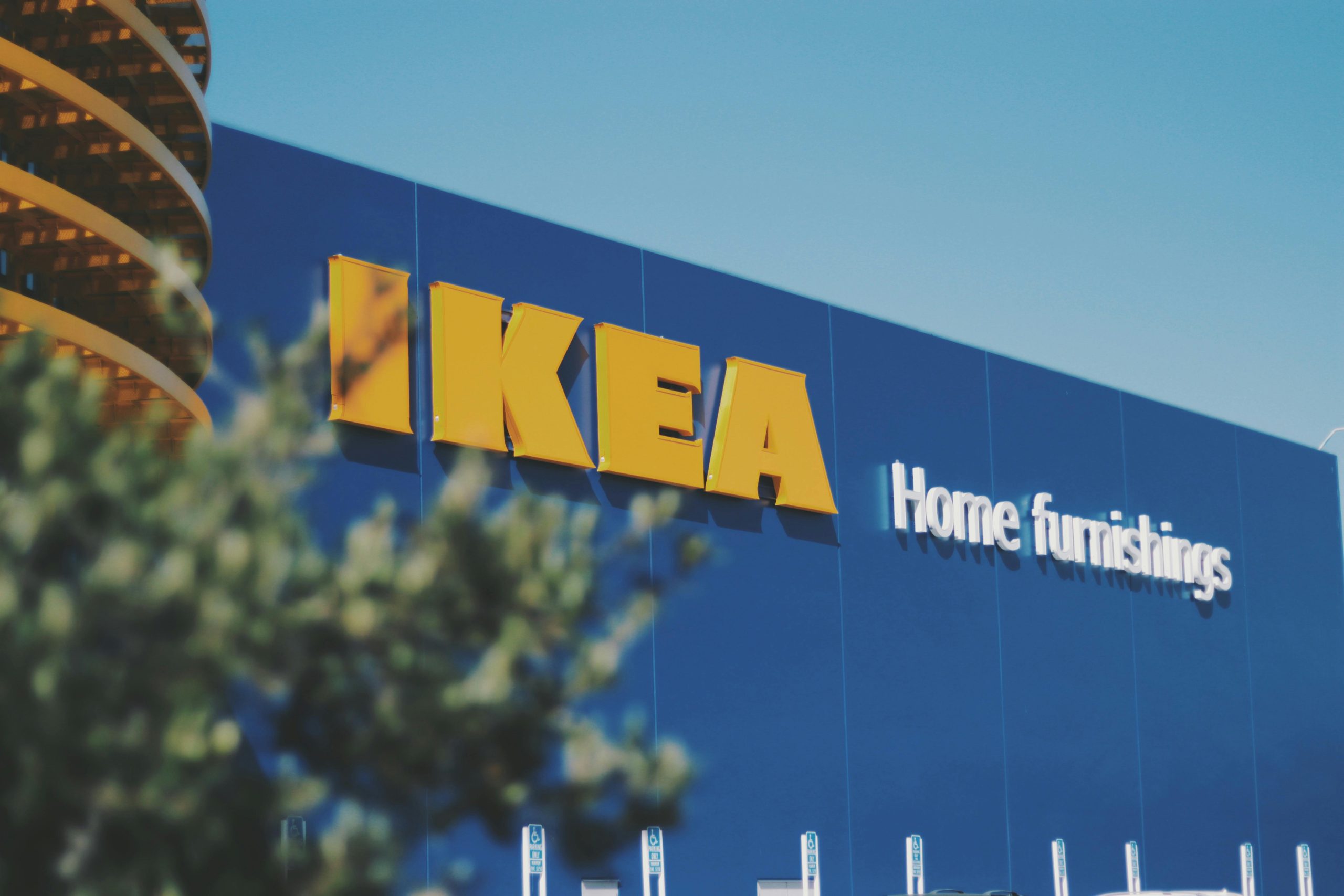· by James Archer · 5 min read
Where Company Names Come From
Behind famous logos are scrappy stories, not pricey brainstorms. From Adidas to Volvo, names often spring from rivers, jokes, and founders’ quirks, proving creativity and context beat consultants.

Wikipedia’s List of Company Name Etymologies is a fascinating read that gives some insights into how company names are really created.
Notice that you don’t see too many origins like “Developed during brainstorming session with $100k naming consultant.” Just goes to show that you can go a long with with a little creativity of your own.
Some of my favorites from the list:
7-Eleven: this chain of convenience stores started in 1927 as U-Tote’m (so called because customers “toted” away their purchases). In 1946, U-Tote’m became 7-Eleven to reflect the stores’ new, extended hours: 7am until 11pm, seven days a week.
Adidas: from the name of the founder Adolf (Adi) Dassler.
Adobe: from the name of the river Adobe Creek that ran behind the houses of founders John Warnock and Chuck Geschke.
Amazon.com: founder Jeff Bezos renamed the company Amazon (from the earlier name of Cadabra.com) after the world’s most voluminous river, the Amazon. He saw the potential for a larger volume of sales in an online (as opposed to a bricks and mortar) bookstore.
Apache: according to the project’s 1997 FAQ: “The Apache group was formed around a number of people who provided patch files that had been written for NCSA httpd 1.3. The result after combining them was A PAtCHy server.”
Apple: for the favourite fruit of co-founder Steve Jobs and/or for the time he worked at an apple orchard.
Arby’s: the enunciation of the initials of its founders, the Raffel Brothers
Arm & Hammer: the founder’s name was Armand Maccabee. The word maccabee is a biblical Hebrew name that translates to the English - hammer.
Audi: Latin translation of the German name ‘Horch’. The founder August Horch left the company after five years, but still wanted to manufacture cars. Since the original ‘Horch’ company was still there, he called his new company Audi, the Latin form of his last name. In English it is: “hark!”.
BIC Corporation: the pen company was named after one of its founders, Marcel Bich. He dropped the final ‘h’ to avoid a potentially inappropriate English pronunciation of the name.
Bridgestone: named after founder Shojiro Ishibashi. The surname Ishibashi means “stone bridge”, or “bridge of stone”.
Canon: Originally (1933) Precision Optical Instruments Laboratory the new name (1935) derived from the name of the company’s first camera, the Kwannon, in turn named after the Japanese name of the Buddhist bodhisattva of mercy.
Debian: project founder Ian Murdock named it after himself and his girlfriend, Debra.
eBay: Pierre Omidyar, who had created the Auction Web trading website, had formed a web consulting concern called Echo Bay Technology Group. “Echo Bay” didn’t refer to the town in Nevada, “It just sounded cool,” Omidyar reportedly said. Echo Bay Mines Limited, a gold mining company, had already taken EchoBay.com, so Omidyar registered what (at the time) he thought was the second best name: eBay.com.
Epson: Epson Seiko Corporation, the Japanese printer and peripheral manufacturer, was named from “Son of Electronic Printer”
Häagen-Dazs: contrary to common belief the name is not European: it is simply two made-up words meant to look European to American eyes.
Hasbro: founded by Henry and Helal Hassenfeld, the “Hassenfeld Brothers”.
IKEA: A composite of the first letters in the Swedish founder Ingvar Kamprad’s name in addition to the first letters of the names of the property and the village in which he grew up: Ingvar Kamprad Elmtaryd Agunnaryd.
Kodak: Both the Kodak camera and the name were the invention of founder George Eastman. The letter “K” was a favourite with Eastman; he felt it a strong and incisive letter. He tried out various combinations of words starting and ending with “K”.
LEGO: combination of the Danish “leg godt”, which means to “play well.” Lego also means “I put together” in Latin, but LEGO Group claims this is only a coincidence and the etymology of the word is entirely Danish. Years before the little plastic brick was invented, LEGO manufactured wooden toys.
Mercedes: from the first name of the daughter of Emil Jellinek, who distributed cars of the early Daimler company around 1900.
Motorola: Founder Paul Galvin came up with this name when his company (at the time, Galvin Manufacturing Company) started manufacturing radios for cars. Many audio equipment makers of the era used the “ola” ending for their products, most famously the “Victrola” phonograph made by the Victor Talking Machine Company. The name was meant to convey the idea of “sound” and “motion”. It became so widely recognized that the company later adopted it as the company name.
Nokia: started as a wood-pulp mill, the company expanded into producing rubber products in the Finnish city of Nokia. The company later adopted the city’s name.
Oracle: Larry Ellison, Ed Oates and Bob Miner were working on a consulting project for the CIA. The code name for the project was Oracle (the CIA saw this as the system to give answers to all questions or some such). The project was designed to use the newly written SQL database language from IBM. The project was eventually terminated but they decided to finish what they started and bring it to the world. Later they changed the name of the company, Relational Technology Inc., to the name of the product.
Pepsi: named from the digestive enzyme pepsin.
Raytheon: “Light of the gods.” Maker of missiles such as Patriot, Maverick, Sidewinder and Tomahawk, among other military technology.
Reebok: alternate spelling of rhebok (Pelea capreolus), an African antelope.
Samsonite: named from the Biblical character Samson, renowned for his strength.
Sharp: Japanese consumer electronics company named from its first product, an ever-sharp pencil.
Six Apart: company co-founders Ben and Mena Trott were born six days apart (in September 1977).
Sprint: from its parent company, Southern Pacific Railroad INTernal Communications. At the time, pipelines and railroad tracks were the cheapest place to lay communications lines, as the right-of-way was already leased or owned.
Starbucks: named after Starbuck, a character in Herman Melville’s whaling novel, Moby-Dick.
Taco Bell: named after founder Glen Bell.
Virgin: Founder Richard Branson’s first company sold records by mail order. He and his friends chose the name Virgin Records as they were all virgins when it came to business
Volvo: from the Latin word volvo, which means “I roll”. It was originally a name for a ball bearing being developed by SKF.
Wipro: from Western India Vegetable Products Limited. The company started as a modest Vanaspati and laundry soap producer and is now also an IT services giant.



